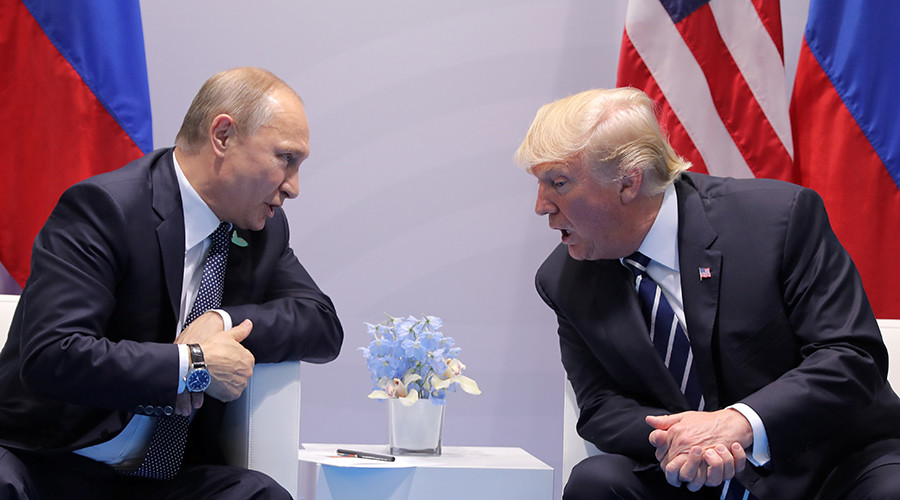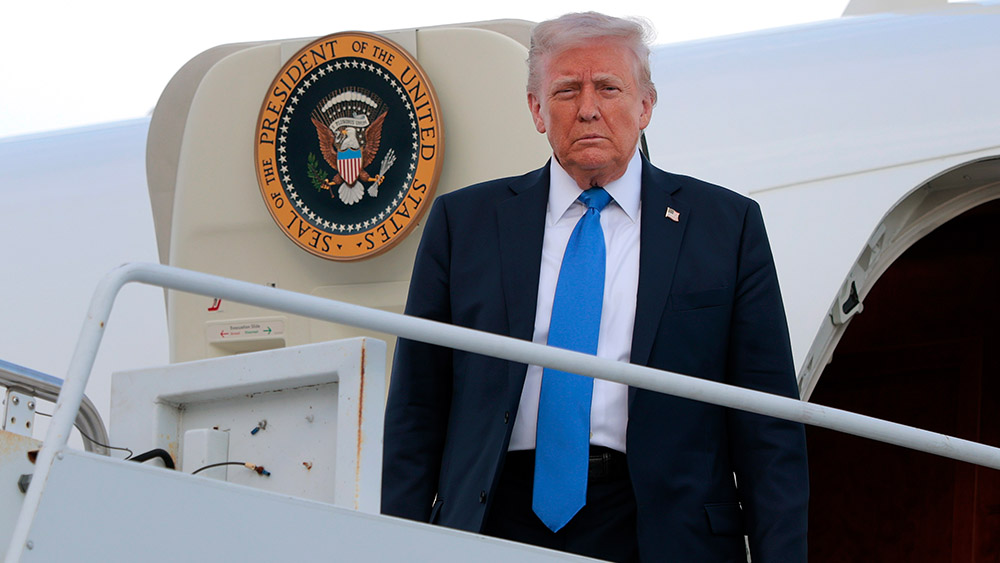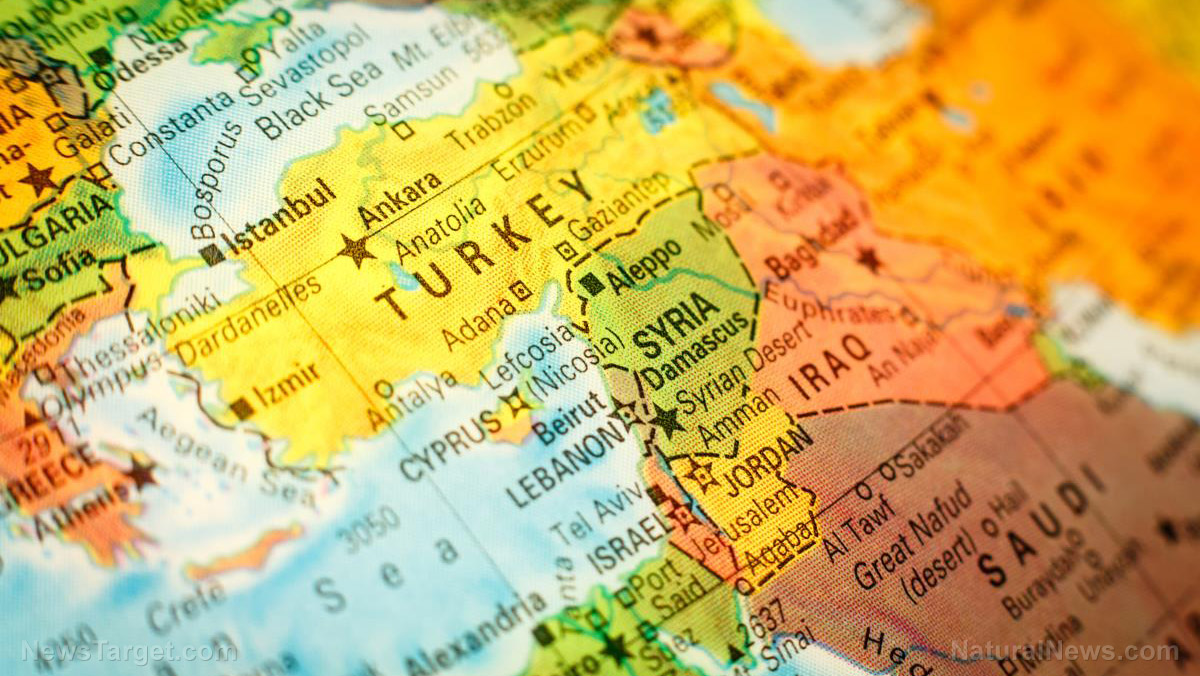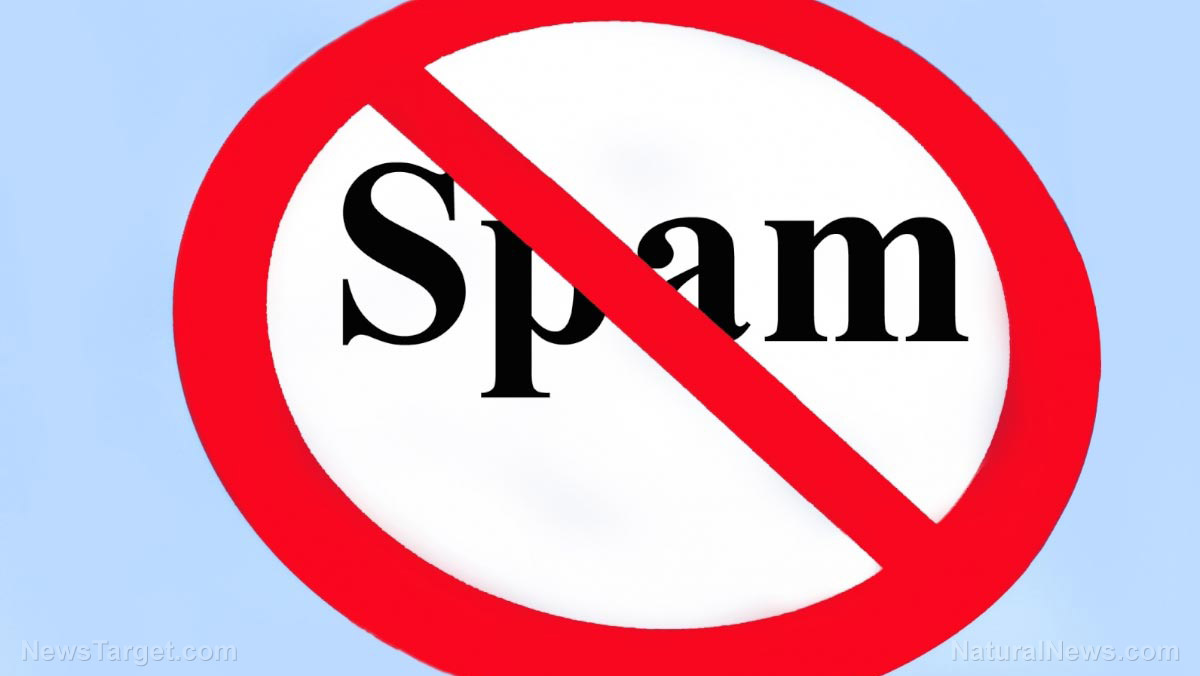Hungary condemns Ukrainian drone strike on Russian oil pipeline
08/16/2025 / By Ramon Tomey

- Ukrainian forces launched a drone strike on Russia’s Druzhba oil pipeline, hitting the Unecha pumping station and igniting a major fire. The attack is part of Ukraine’s escalating campaign against Russian energy infrastructure.
- Hungary, a major importer of oil via the Druzhba pipeline, sharply criticized the attack, calling it a threat to regional stability and its own energy security. Foreign Minister Peter Szijjarto labeled the strike “outrageous” and demanded Ukraine cease actions endangering Hungary’s supply.
- The pipeline – vital for several EU nations – highlights the broader consequences of such attacks. Russia has previously condemned Ukrainian strikes on energy infrastructure as “acts of terrorism.”
- Ukraine has long targeted Russian oil infrastructure to disrupt Moscow’s revenue and logistics. The Druzhba pipeline, operational since 1964, has faced prior disruptions, including earlier Ukrainian drone strikes in 2024.
- Hungary’s reaction underscores tensions within Europe over reliance on Russian energy. Budapest recently criticized EU sanctions as “self-destructive” and accused Kyiv of jeopardizing neutral nations’ stability. The attack risks further straining Ukraine-Hungary relations.
In a dramatic escalation of tensions, Hungary has condemned Ukraine for launching a drone strike against Russia’s Druzhba oil pipeline – a critical energy artery supplying several European nations.
Overnight on Wednesday, Aug. 13, Ukrainian forces targeted the Unecha pumping station in Russia’s Bryansk region. The drone strike, confirmed by Ukraine’s General Staff, ignited a massive fire. It marks yet another high-risk gambit in Kyiv’s expanding campaign against Russian energy infrastructure, raising fears of further retaliatory measures from Moscow.
But the attack did not sit well with Hungary, which quickly issued a sharp rebuke. Budapest, which relies heavily on the pipeline for oil imports, warned that the attack threatens regional stability and Hungary’s own energy security.
Hungarian Foreign Minister Peter Szijjarto blasted the Wednesday attack as “outrageous” and hypocritical, given Hungary’s role as Ukraine’s top electricity supplier. “Without us, Ukraine’s energy security would be highly unstable,” he declared on social media, demanding that Kyiv halt actions that jeopardize Hungarian energy supplies.
The 4,000-kilometer (8,699-mile) Druzhba pipeline is a lifeline for refineries in the Czech Republic, Germany, Poland, Slovakia and Hungary – a fact that underscores the far-reaching consequences of such strikes. Russia, which has remained silent on the incident so far, has previously labeled Ukrainian attacks on civilian energy infrastructure as “acts of terrorism.”
Historical context reveals why this attack carries geopolitical weight. Since the early days of the war, Ukraine has systematically targeted Russian oil depots, refineries and pipeline networks – aiming to cripple Moscow’s revenue and military logistics.
Energy feud deepens: Ukraine’s drones threaten Hungary’s oil
The Druzhba system, operational since Soviet times (1964), has endured multiple disruptions – including a 2022 Belarus-Lithuania dispute and prior Ukrainian drone hits in March 2024. Yet Budapest’s reaction highlights a growing schism within Europe, where nations like Hungary continue resisting Brussels’ push to cut off Russian energy entirely.
Just last month, Szijjarto defended a new Serbia-Hungary oil pipeline deal, criticizing the European Union’s “self-destructive” sanctions policy that left Hungary scrambling for alternatives. The latest attack risks further straining Ukraine-Hungary relations, already frayed over Budapest’s refusal to arm Kyiv and accusations that Ukrainian President Volodymyr Zelensky seeks a “puppet government” in Hungary.
In his statement Wednesday, Szijjarto urged Kyiv to “stop endangering Hungary’s energy supply in a war we Hungarians have nothing to do with.” This mirrors frustration among nations caught between the conflict’s spillover and Western diplomatic pressure. (Related: Leaked docs: Zelensky planning to blow up Druzhba pipeline connecting Russia and Hungary.)
As the EU weighs stricter bans on Russian energy, the Unecha strike serves as a reminder of how proxy warfare can inadvertently harm neutral states. With drone warfare now defining this conflict – Ukraine’s autonomous drone industry thriving even as Russian missiles pound its grid – the line between tactical gains and unintended consequences grows thinner.
Head over to WWIII.news for more similar stories.
Watch Hungarian Foreign Minister Peter Szijjarto proposing sanctions against Ukraine over the death of ethnic Hungarians during Kyiv’s forced conscription.
This video is from the Cynthia’s Pursuit of Truth channel on Brighteon.com.
More related stories:
Hungary, Serbia building pipeline for Russian oil and gas to dodge EU sanctions.
Hungary says no to EU’s Russian oil embargo sanction.
Sources include:
Submit a correction >>
Tagged Under:
big government, chaos, Dangerous, drone strike, drone warfare, Druzhba pipeline, electricity, energy security, energy supply, escalation, fossil fuel, Hungary, national security, oil pipeline, outrage, Peter Szijjarto, power, Russia, Russia-Ukraine war, Ukraine, WWIII
This article may contain statements that reflect the opinion of the author
RECENT NEWS & ARTICLES
COPYRIGHT © 2017 BIG GOVERNMENT NEWS




















